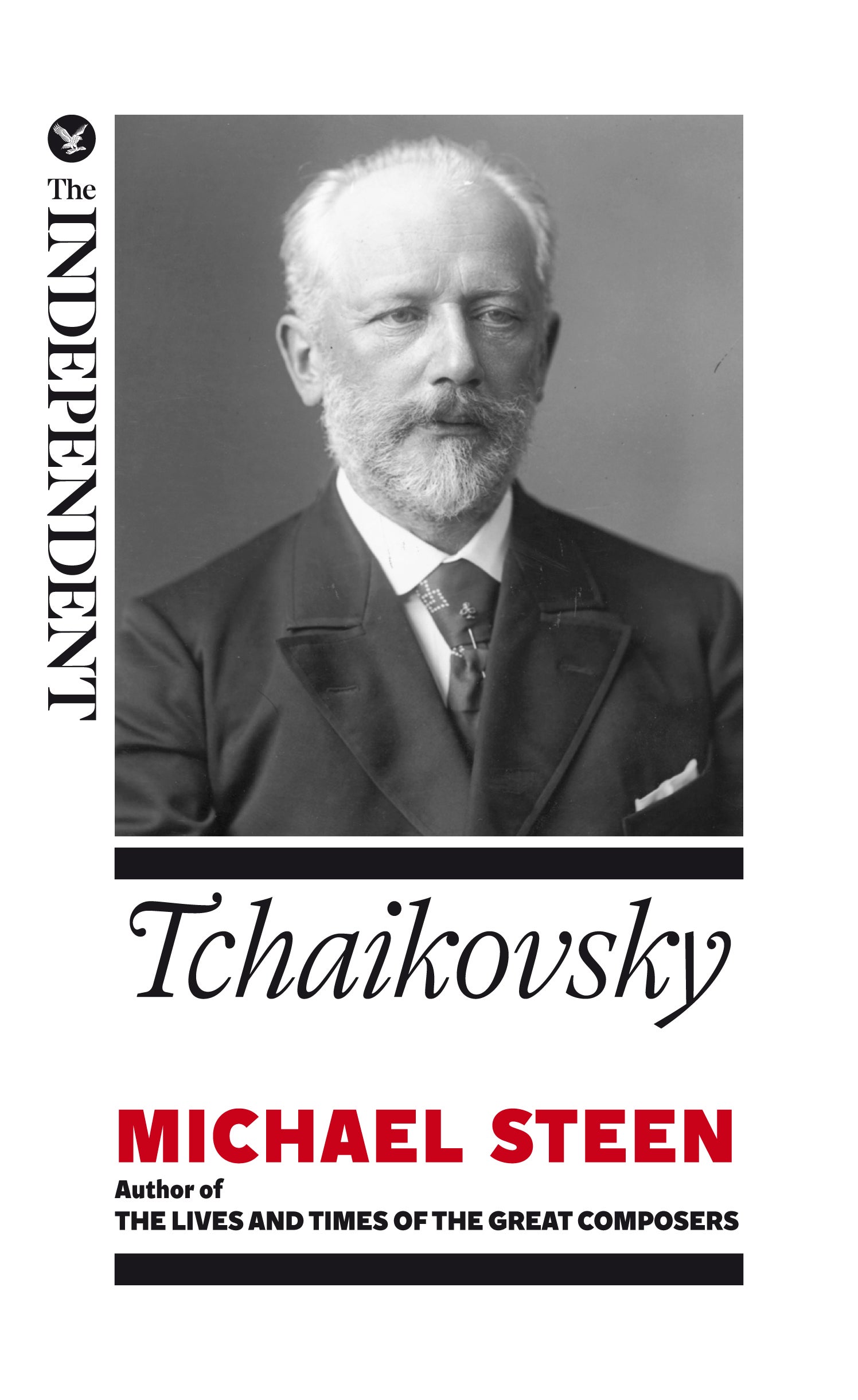Tchaikovsky
Part of The Independent’s new eBook series The Great Composers, covering fourteen of the giants of Western classical music

Your support helps us to tell the story
From reproductive rights to climate change to Big Tech, The Independent is on the ground when the story is developing. Whether it's investigating the financials of Elon Musk's pro-Trump PAC or producing our latest documentary, 'The A Word', which shines a light on the American women fighting for reproductive rights, we know how important it is to parse out the facts from the messaging.
At such a critical moment in US history, we need reporters on the ground. Your donation allows us to keep sending journalists to speak to both sides of the story.
The Independent is trusted by Americans across the entire political spectrum. And unlike many other quality news outlets, we choose not to lock Americans out of our reporting and analysis with paywalls. We believe quality journalism should be available to everyone, paid for by those who can afford it.
Your support makes all the difference.
Extracted from Michael Steen’s book The Lives and Times of the Great Composers, these concise guides, selected by The Independent’s editorial team, explore the lives of composers as diverse as Mozart and Puccini, reaching from Bach to Brahms, set against the social, historical and political forces which affected them, to give a rounded portrait of what it was like to be alive and working as a musician at that time.
Unlike many of the composers in this series, Tchaikovsky showed no indication of genius as a child and he spent several years as a clerk in the Ministry of Justice before entering the St Petersburg Conservatoire. His composing career only really took off in his mid-30s. Late starter he may have been but, in the nearly twenty years left to him (he died at 53), he created some of the undisputed masterpieces of the repertoire: the operas, Eugene Onegin and The Queen of Spades, and in ballet, Swan Lake, Sleeping Beauty and The Nutcracker. The Fourth Symphony, with its fate motif, and the Sixth Symphony, the Pathétique, along with his First Piano Concerto, make constant appearances on the concert platform.
Behind these achievements, as Michael Steen's gripping narrative shows, lay a life of anguish and sexual crisis as Tchaikovsky tried alternatively to accommodate and repress his homosexuality (then punishable by death in Russia). It led him to make a disastrous marriage at 37, which caused him much distress, and after only a few months, they arranged to live apart. In many ways his most successful relationship with a woman as an adult was with his patroness Nadezhda von Meck, which lasted fourteen years, during which time they never spoke to each other in person. Even today, the true cause of his death remains open to question, with competing theories jostling for acceptance.
£0.99
Join our commenting forum
Join thought-provoking conversations, follow other Independent readers and see their replies
Comments